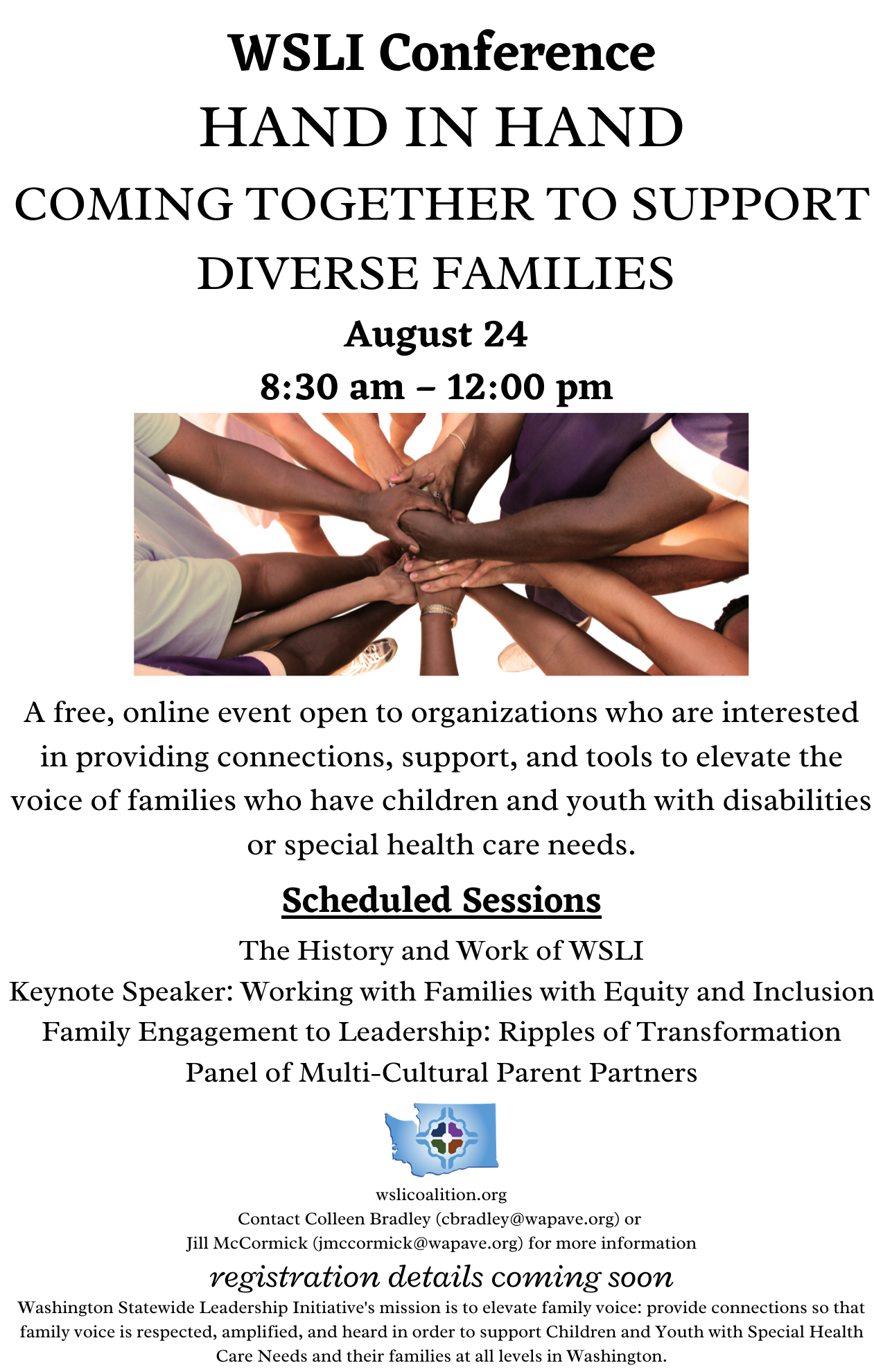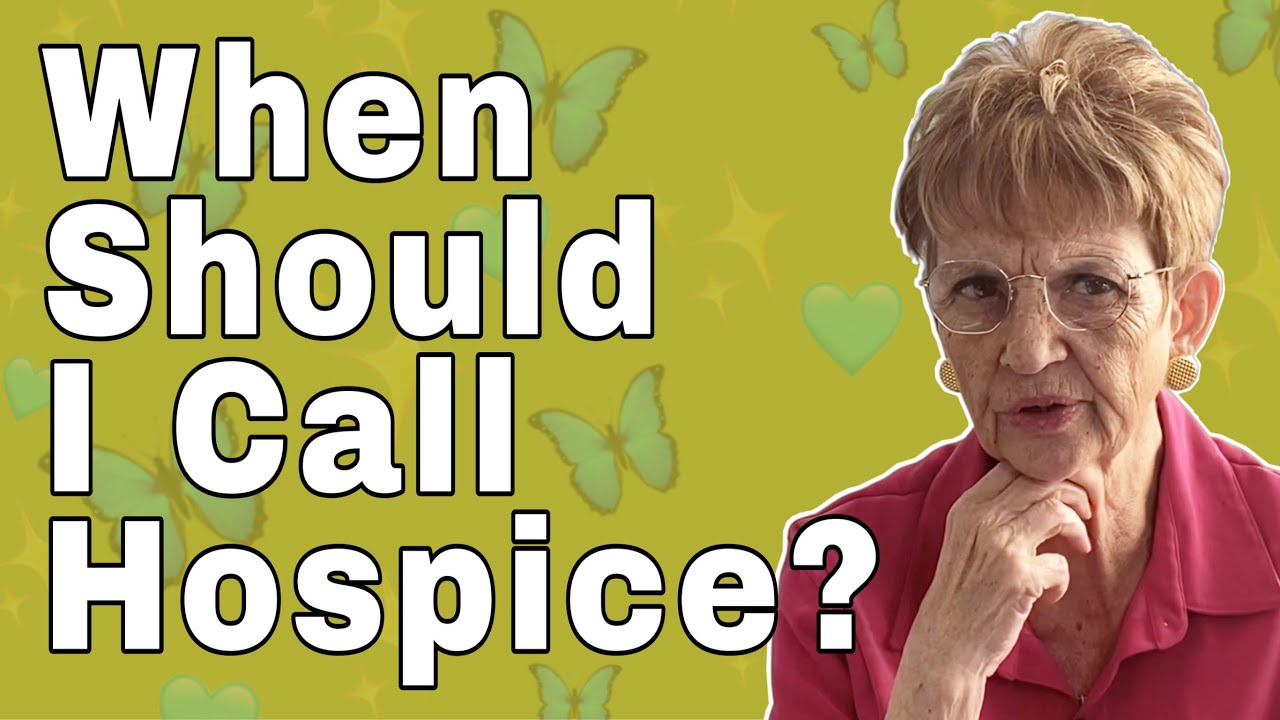
It can be fascinating to converse with the elderly. Most older people are willing to share their experiences or discuss issues that concern them. These topics could include social or environmental issues, family concerns, or even the environment.
Using these topics benefits both the speaker and audience as it gives them a subject to talk about. It increases their confidence as well as making them feel good.
Topics on Senior Health
A number of medical issues and social problems can impact an older person's well-being. Many of these issues affect people in their 60s.
A stroke can cause a person to have difficulty speaking. These problems could lead to poor health and a decreased quality of your life.

Educational Topics for Seniors
Many seniors can find learning about health a positive and engaging experience. Senior centers can provide a range of educational programs including lectures on nutrition and exercise.
Caregivers support groups
These groups are supportive environments where caregivers share their stories and concerns regarding the care of loved ones. These groups are often led by health care professionals who can offer education and information on a wide range of topics.
You can also find speakers to discuss a wide range of topics, which will help caregivers take better care of their loved ones. These groups may be structured, with time-limited sessions, or they may be informal, with meetings on an ongoing basis.
Support groups can help caregivers who are overwhelmed or frustrated by the care of their loved ones. Support from fellow members can be cathartic and encourage caregivers to express their emotions.
Whether they're dealing with Alzheimer's or Parkinson's, these groups can provide emotional and practical support from other members who have experienced the same things. Caregivers can learn from eachother, especially when they are in similar situations.

Topics for Seniors
To start a discussion with an older person, ask them what their favorite activities are. Whether it's watching a TV show or playing a game, these activities can keep seniors busy and connected with the world.
An elderly person may also find it interesting to share their family's history. Some elderly people love to talk about their family histories and their proud lives. Even their childhood or youth may be discussed.
It will help them to remember important people and their past. This can be an enjoyable conversation and help you bond with your loved one.
FAQ
What's the difference between the healthcare system and health care services, exactly?
Health systems encompass more than just healthcare services. They include everything that occurs in the overall context for people's lives, including education and employment as well as social security and housing.
Healthcare services, on the other hand, focus on delivering medical treatment for specific conditions such as cancer, diabetes, mental illness, etc.
They may also be used to refer to generalist primary-care services that are provided by community-based practitioners under the guidance of an NHS hospital Trust.
What should you know about vaccines
Vaccines provide a very safe and effective way of keeping you healthy. They work by giving you immunity against certain diseases. Vaccinations are usually given at specific times during childhood, adolescence, and adulthood. Your doctor will discuss when it is best to get vaccinated.
What are the three types of healthcare systems?
First, the traditional system in which patients are given little control over their treatment. They go to hospital A if they need an operation, but otherwise, they might as well not bother because there is nothing available at all.
The second is a fee for service system in which doctors make money according to how many tests, procedures, and drugs they do. If you don't pay them enough, they won't do any extra work, and you'll pay twice as much.
A capitation system, which pays doctors based on how much they spend on care and not how many procedures they perform, is the third system. This encourages doctors and patients to choose less costly treatment options such as talk therapies over surgery.
What is an infectious disease?
An infectious disease is caused by germs (bacteria, viruses, or parasites). Infectious disease spreads quickly when people come in close proximity. Measles, rubella (German measles), pertussis (whooping cold), rubella (German measles), measles), chickenpox and strep throat are just a few examples.
Statistics
- About 14 percent of Americans have chronic kidney disease. (rasmussen.edu)
- Healthcare Occupations PRINTER-FRIENDLY Employment in healthcare occupations is projected to grow 16 percent from 2020 to 2030, much faster than the average for all occupations, adding about 2.6 million new jobs. (bls.gov)
- Foreign investment in hospitals—up to 70% ownership- has been encouraged as an incentive for privatization. (en.wikipedia.org)
- Over the first twenty-five years of this transformation, government contributions to healthcare expenditures have dropped from 36% to 15%, with the burden of managing this decrease falling largely on patients. (en.wikipedia.org)
- The health share of the Gross domestic product (GDP) is expected to continue its upward trend, reaching 19.9 percent of GDP by 2025. (en.wikipedia.org)
External Links
How To
What are the 4 Health Systems?
The healthcare system is a complex network of organizations such as hospitals, clinics, pharmaceutical companies, insurance providers, government agencies, public health officials, and many others.
The goal of this infographic was to provide information to people interested in understanding the US health care system.
These are the key points
-
The annual healthcare expenditure is $2 trillion. This represents 17% the GDP. It's nearly twice the size as the entire defense budget.
-
Medical inflation reached 6.6% last year, higher than any other consumer category.
-
On average, Americans spend 9% of their income on health costs.
-
There were more than 300 million Americans without insurance as of 2014.
-
Although the Affordable Healthcare Act (ACA), was passed into law, implementation has not been completed. There are still major gaps in coverage.
-
A majority of Americans believe that there should be continued improvement to the ACA.
-
The US spends more money on healthcare than any other country in the world.
-
The total cost of healthcare would drop by $2.8 trillion annually if every American had affordable access.
-
Medicare, Medicaid, or private insurance cover 56%.
-
These are the top three reasons people don’t get insured: Not being able afford it ($25B), not having enough spare time to find insurance ($16.4B), and not knowing anything ($14.7B).
-
HMO (health care maintenance organization) is one type of plan. PPO (preferred provider organizational) is another.
-
Private insurance covers most services, including doctors, dentists, prescriptions, physical therapy, etc.
-
Programs that are public include outpatient surgery, hospitalization, nursing homes, long-term and preventive care.
-
Medicare is a federal program providing senior citizens health coverage. It covers hospital stays, skilled nursing facility stay, and home healthcare visits.
-
Medicaid is a joint federal-state program that provides financial assistance for low-income individuals or families who earn too little to qualify for other benefits.